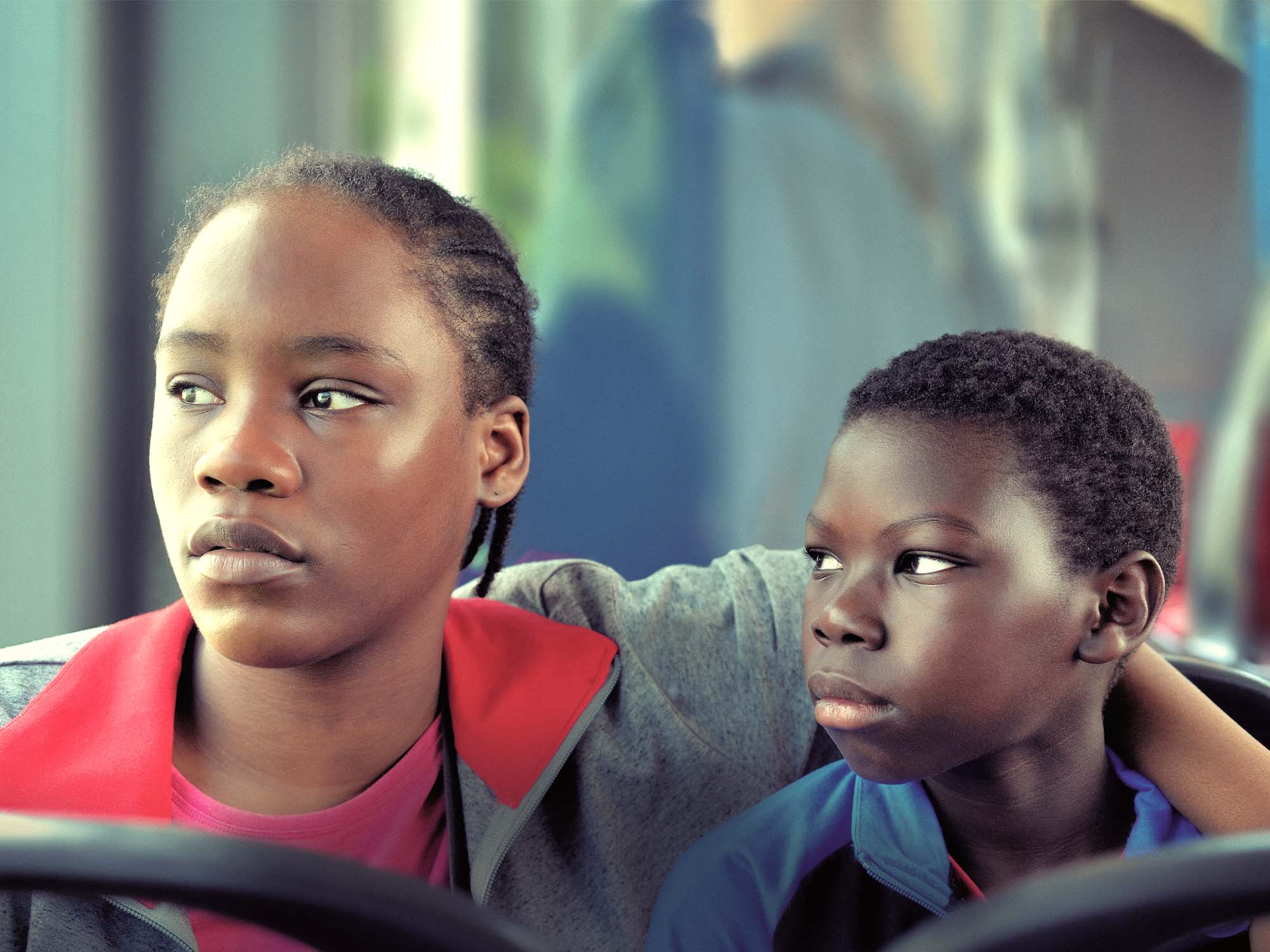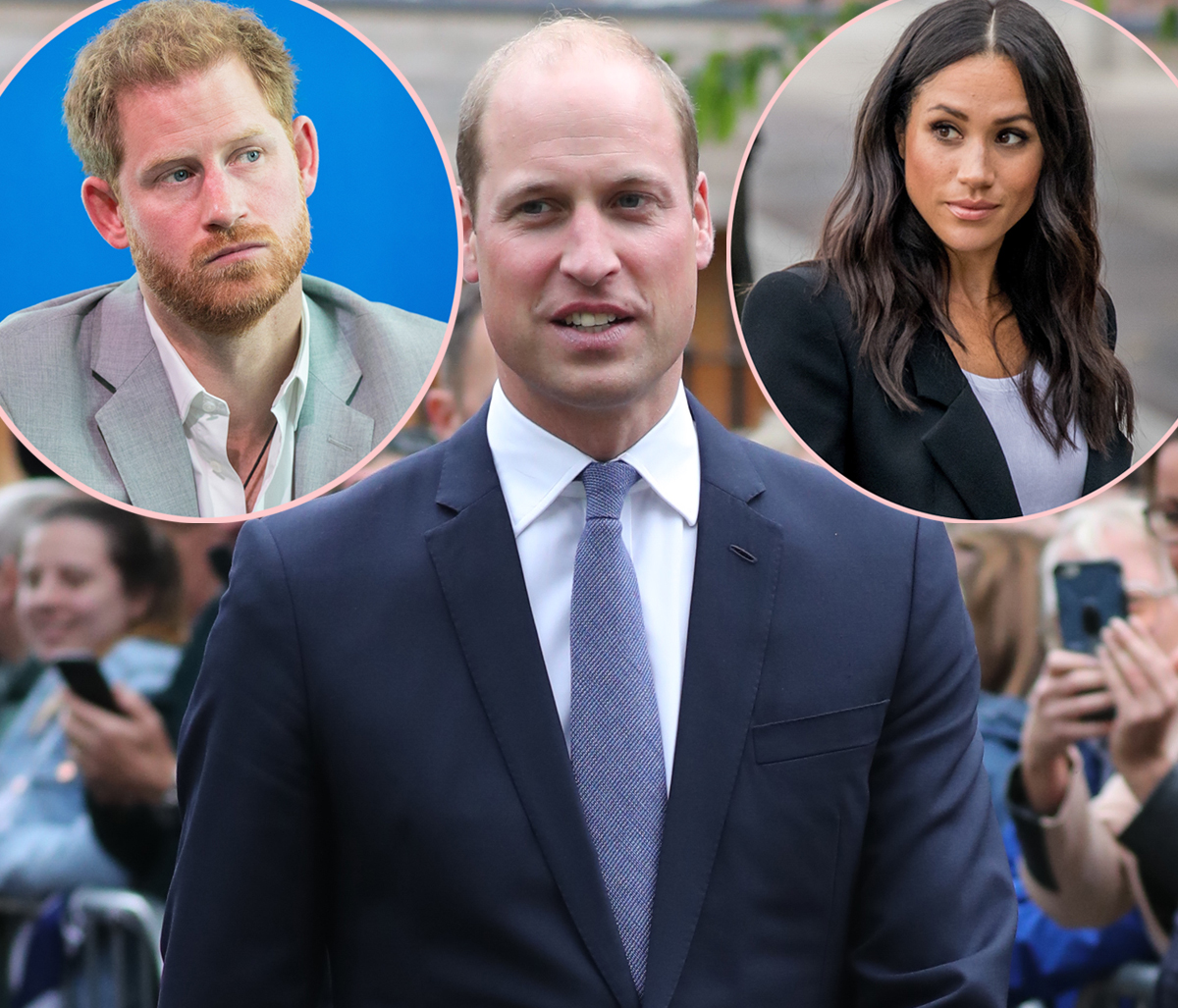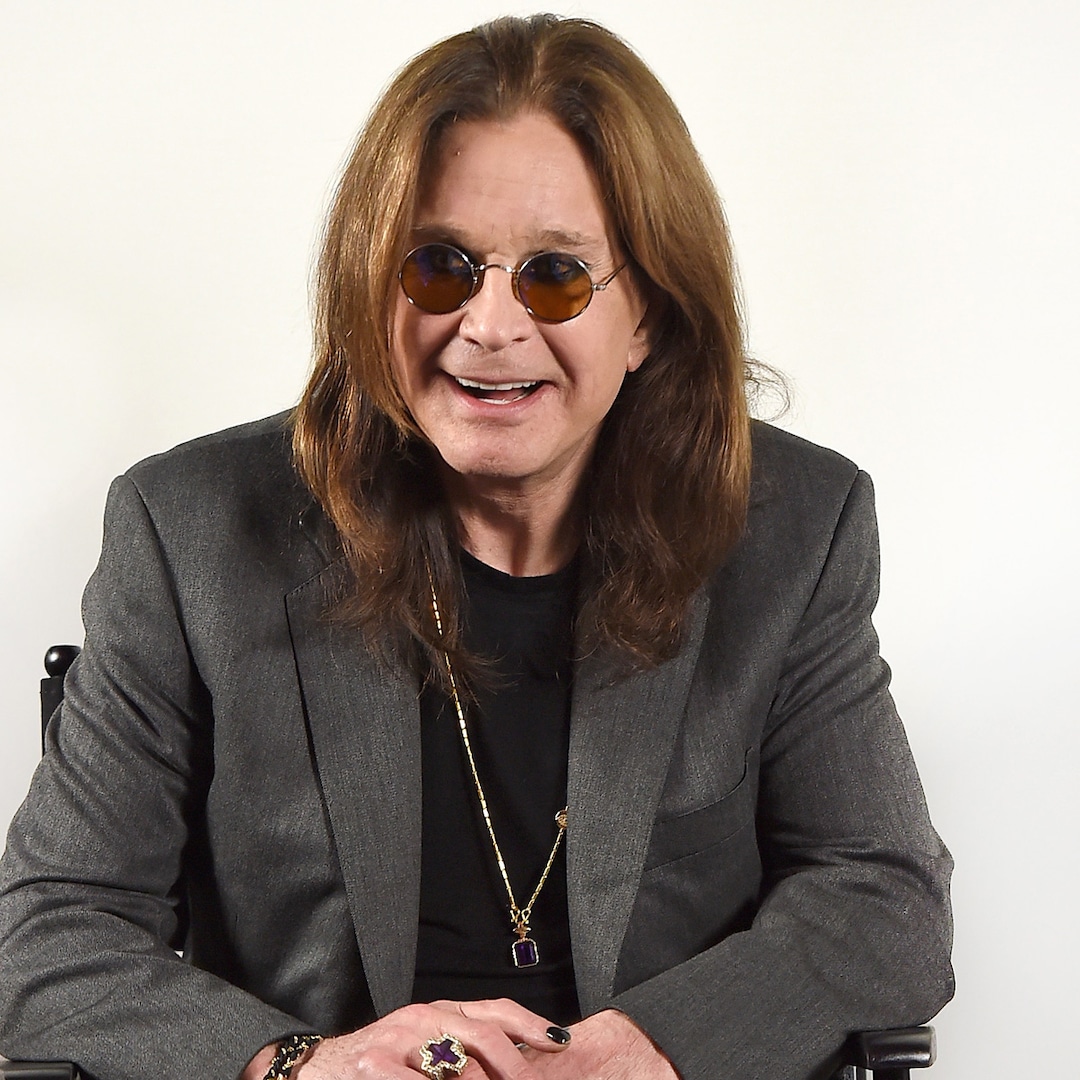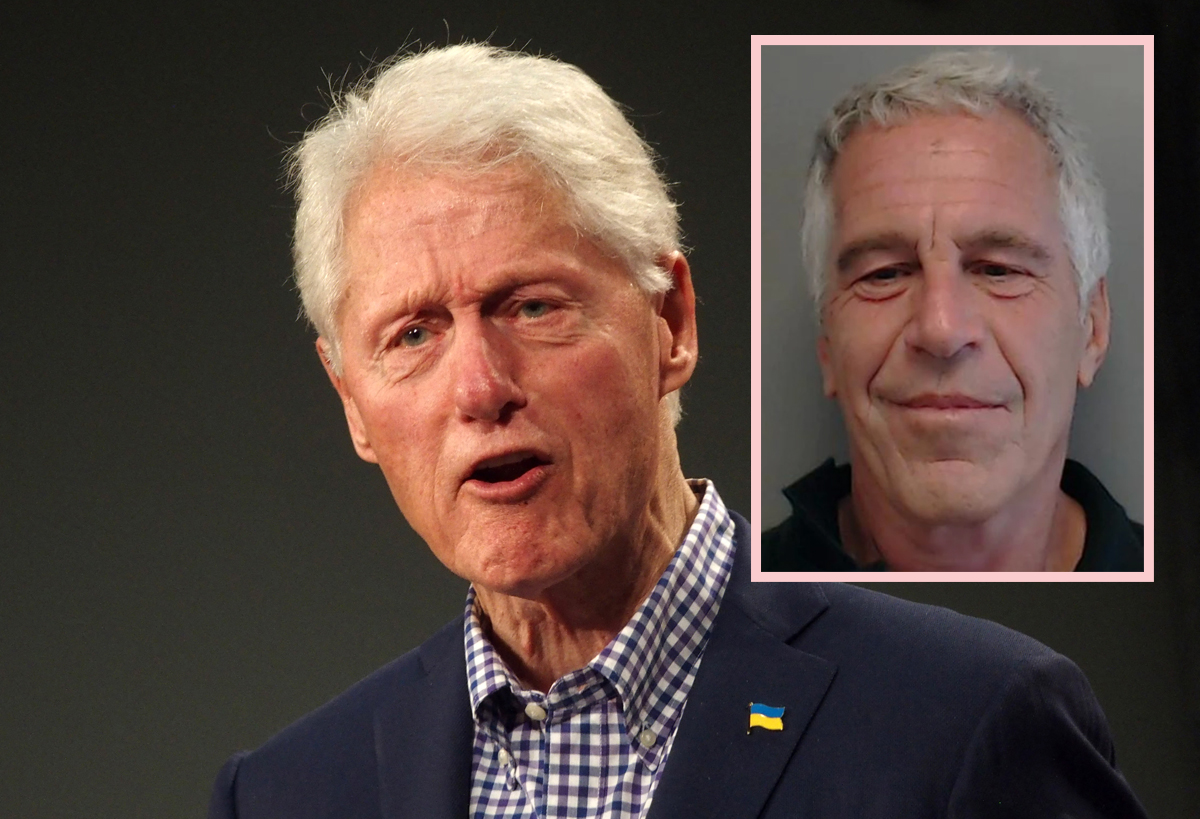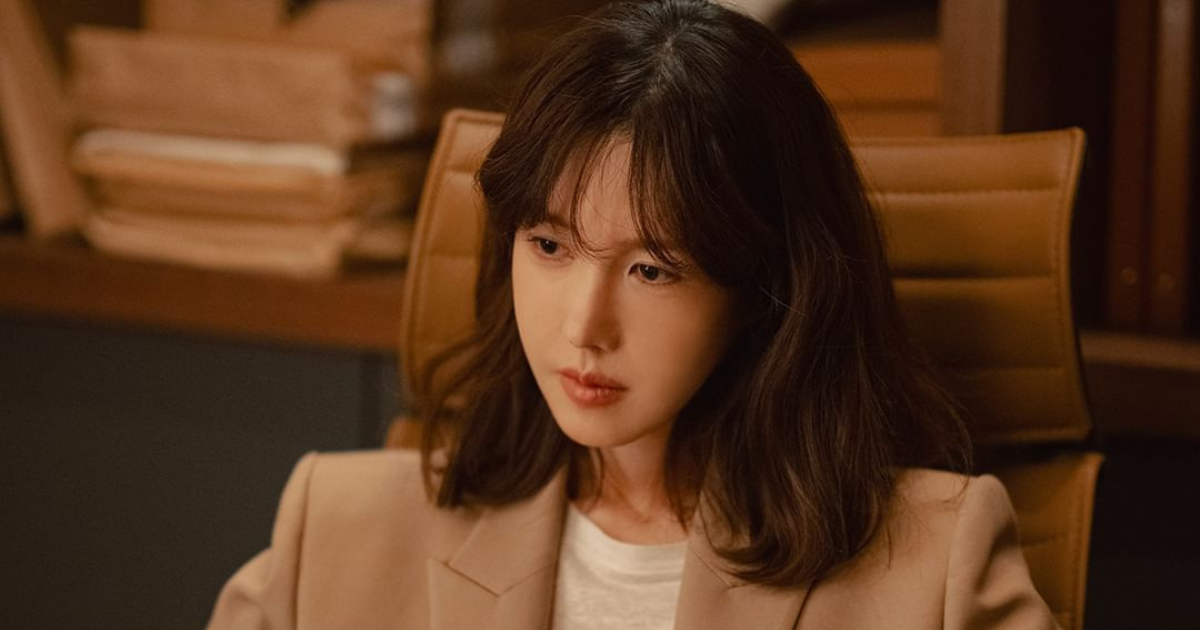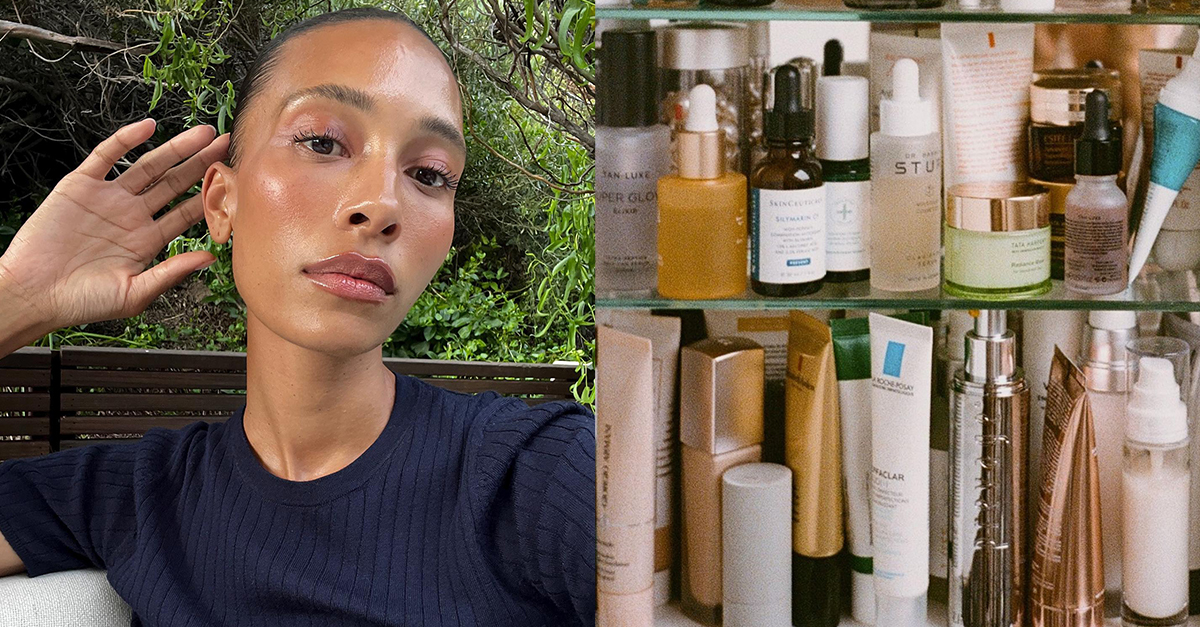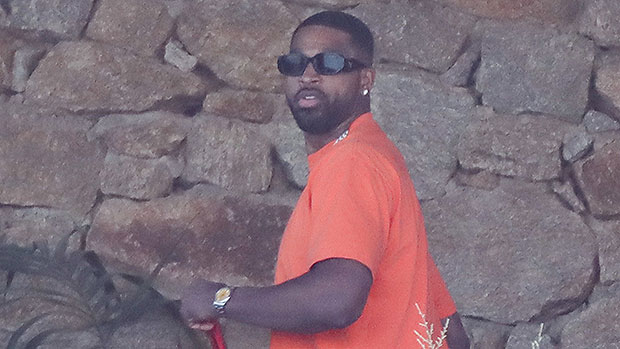Review: Gina Prince-Bythewood’s Captivating Film ‘The Woman King’
by Manuel São Bento
December 2, 2022
Every year, dozens of films are released based on or inspired by (semi-)true stories. While some filmmakers try to avoid the typical Hollywoodisms with this type of adaptation, others simply pick up the general idea or concept behind that historical point and recreate their own version of the events – no creative choice is wrong. American filmmaker Gina Prince-Bythewood draws inspiration from the Agojie, a unit of African female warriors from the XVII-XIX centuries in the Kingdom of Dahomey (located in today’s Benin, West Africa), to convey a poignant message of anti-slavery, anti-racism, and equal human rights in The Woman King. She shares their empowering story, with a few alterations for this film, with tremendous success.
The prologue helps to defend the movie from any historical inconsistencies. For obvious reasons, the vast majority of viewers have never heard of the Agojie or even the Kingdom of Dahomey, simply because it isn’t a story taught in schools or usually told by parents or grandparents to children. The Woman King takes this group of brave women with impressive fighting skills and follows a narrative more focused on the character dynamics and the protection of their people than on political aspects, despite addressing these efficiently.
Personally, I didn’t have any knowledge of these people, the reign of Ghezo (as played by John Boyega), or the Agojie themselves. I argue that any adaptation with benign intentions and positive messages is worthy of attention, regardless of what is modified historically. The Woman King contains a range of heavy, sensitive themes – as mentioned above – but Dana Stevens takes precious care with her screenplay, never creating a feeling of listening to a lecture or moral lesson, quite the contrary.
In the same way that the film leaves no doubt about what is inherently inhumane and cruel, it also doesn’t pretend that the community that sold their own people didn’t receive some benefits in return. The Woman King tackles the human traffic system and demonstrates how it was, in fact, an effective bargaining chip for a long time for many populations, going so far as to make the protagonist defend the reduction of slavery instead of its extinction, proving the creative team wasn’t afraid to remark a hard-to-hear historical truth.
However, the big narrative highlight of The Woman King is found in the relationships between the various characters. The interactions of the duos Nanisca (Viola Davis) and Amenza (Sheila Atim), Nawi (Thuso Mbedu), and Izogie (Lashana Lynch) are incredibly captivating, inviting a genuine emotional investment from the viewers. From the authentic, familiar dialogues to small details like ironic looks and humorous banter, these four characters have powerful bonds that elevate the overall work, namely a stirring third act.
Nawi shares the lead role with the imposing leader Nanisca, but the former turns out to be The Woman King’s true strength. She’s the most complex character in this with the most significant development arc, in addition to having close, deep relationships with Izogie and Nanisca, but also with her friends Fumbe (Masali Baduza) and Ode (Adrienne Warren). Despite this last trio not being as explored as the other two, it maintains the same emotional authenticity from the first second they meet. For all this, the cast’s exceptionally high levels of charisma and chemistry are essential.
Davis’ excellence won’t surprise anyone, adding yet another superb performance to her legendary career, imposing herself when The Woman King needs her most. Lynch perfectly embodies her character with a bit of everything: Izogie is witty, responsible, ambitious, and a role model for Nawi. The actress balances these different personality traits with such success that everyone can understand why she was chosen to play the new 007 in No Time To Die. Boyega & others have their moments, but none steal the spotlight from Mbedu.

The young actress delivers one of the most impressive feature film debuts I have ever witnessed. Mbedu is able to offer enormous expressiveness through her emotion-laden eyes, demonstrating an emotional range that will shock every viewer. Director Gina Prince-Bythewood has no problem allocating a good portion of the total runtime to Mbedu, and this decision proves to be the right one, even turning The Woman King’s action sequences more tense and engaging. Speaking of which…
Cinematographer Polly Morgan’s phenomenal camera work along with composer Terence Blanchard’s chill-inducing score compliment battle scenes worthy of the “epic” adjective. The Woman King doesn’t need gore or extremely violent moments, focusing more on very well-executed choreography and stunts. The battle cries and dances of the Agojie build up an exciting atmosphere, placing the audience in a position of high anticipation for the subsequent fights. However, don’t let yourself be mistaken: it’s not an action flick.
The Woman King keeps an adequate pacing but is far from a fast movie with few plot points. Since this is one of the film’s last reviews, I noticed several somewhat misleading intiial reactions, focusing on the action and inducing a wrong idea of a fight-driven movie when it couldn’t be more the opposite. Bythewood directs with virtually no flaws, but one issue stands out, being revealing on a personal and professional level.
I could never truly understand how or why other film critic colleagues let themselves be so affected by actors not nailing accents or particular languages… until The Woman King, where two characters completely ruin the Portuguese they try to speak, to the point of me ending the film without even knowing if they were trying to talk in Portuguese from Portugal or Brazil. Currently, most projects have an inclusive, diverse cast, so refusing to hire Portuguese actors is incomprehensible. The truth is that the two young British actors chosen to represent these characters are far from convincing, leading me to mentally “leave the cinema”, disconnecting from the movie whenever the plot turned its the attention to them. In addition to belonging to the less interesting side story in the film, they get more screentime than they deserve.
A final comment about the attempted online boycott of The Woman King – for the millionth time, toxic groups driven by pure hatred have infested social media and public opinion platforms about cinema; IMDb was the big target this time. Even before the film was out, there were already thousands of votes and intensely negative reviews exclusively due to it being a movie led by a female, POC cast. The hypocrisy levels are egregious, and nowadays, it becomes genuinely difficult to know the general audience’s actual opinion when the data constantly suffers from this type of attack. The irony is too much to understand: they complain about sociopolitical agendas being forced into films before they see them, but these same groups want to push a retrograde mindset on everyone. We live in a very, very sad time…
Final Thoughts
The Woman King shares an immensely captivating, culturally significant story about the Agojie, a unit of female warriors who fight to protect their own. Viola Davis shines, but Thuso Mbedu delivers one of the best feature film debut performances I’ve ever witnessed. The anti-slavery, anti-racism and equal human rights messages are well conveyed, but the authentic, emotionally resonant character dynamics stand out due to a chemistry-filled cast. Action sequences hold high levels of brutality, accompanied by excellent choreography and an energetic score. One of the best movies of the year… ignoring the butchered Portuguese.
Manuel’s Rating: A-
Follow Manuel on Twitter – @msbreviews / Or Letterboxd – @msbreviews








